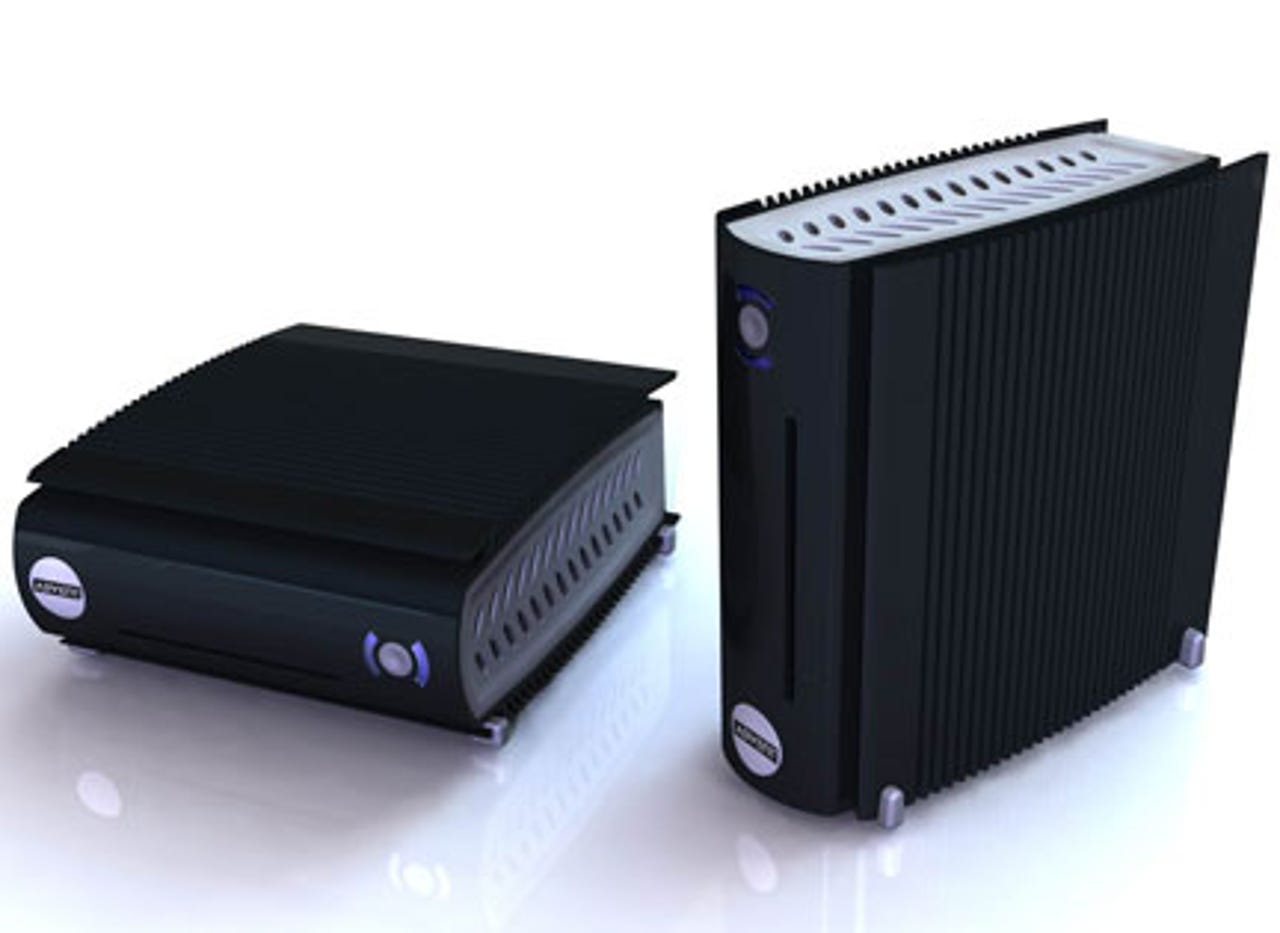Photos: First image of carbon-neutral PC


This the first image of how UK retailer PC World's carbon-neutral desktop could look when it is released in October.
The desktop will come with a recycled aluminium case and use sustainable forested wood in the screen bezel, mouse and keyboard, and the company is purchasing carbon offsets to match the consequences of its manufacturing process.
PC World says that at around 40 watts, its PC will use between 13 and 17 percent of the energy of a standard desktop and will retail for around £399, with the screen costing an extra £100. PC World also claims that the screen, mouse and keyboard casings will be made from sustainable beech, ash or sapele making them the first mass-market wooden computer accessories.
In addition, the case is designed to act as a heatsink for the processor, and by using an external power supply the computer will be fanless. PC World also claims that despite the energy efficiency, the machine will have the same capacity as a standard desktop.
Despite the attempts to make the PC as efficient as possible, PC World has attracted some criticism for its decision to base the desktop around Microsoft's Vista operating system which has been labelled by some industry watchers as the company's most power-hungry operating system ever.
PC World defended its decision with the following statement: "One of the key drivers in the technology industry is the development of components that utilise lower levels of power and generate lower levels of heat whilst at the same time increasing the speed, processing power and capability of PCs. Our approach to this project is to look holistically at the construction of the PC and we believe that Windows Vista's power-management capabilities are an integral, important and hugely beneficial element of this project."
Last month, Taiwanese chipmaker Via partnered with South African hardware maker Mecer on an energy-efficient PC aimed at schools in the developing world.
The Mecer Education PC is powered by the energy-efficient 1.5GHz Via C7-D desktop processor, which makes it "ideally suited for Africa's straining electricity infrastructure", the companies claim.